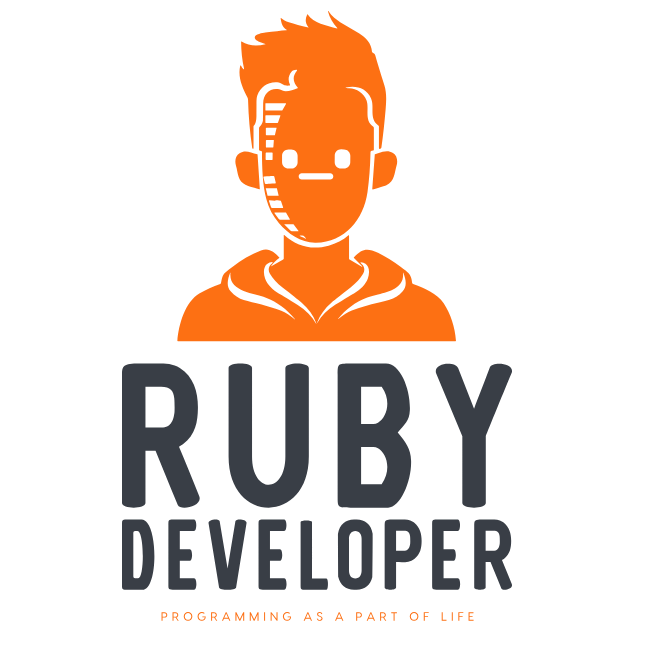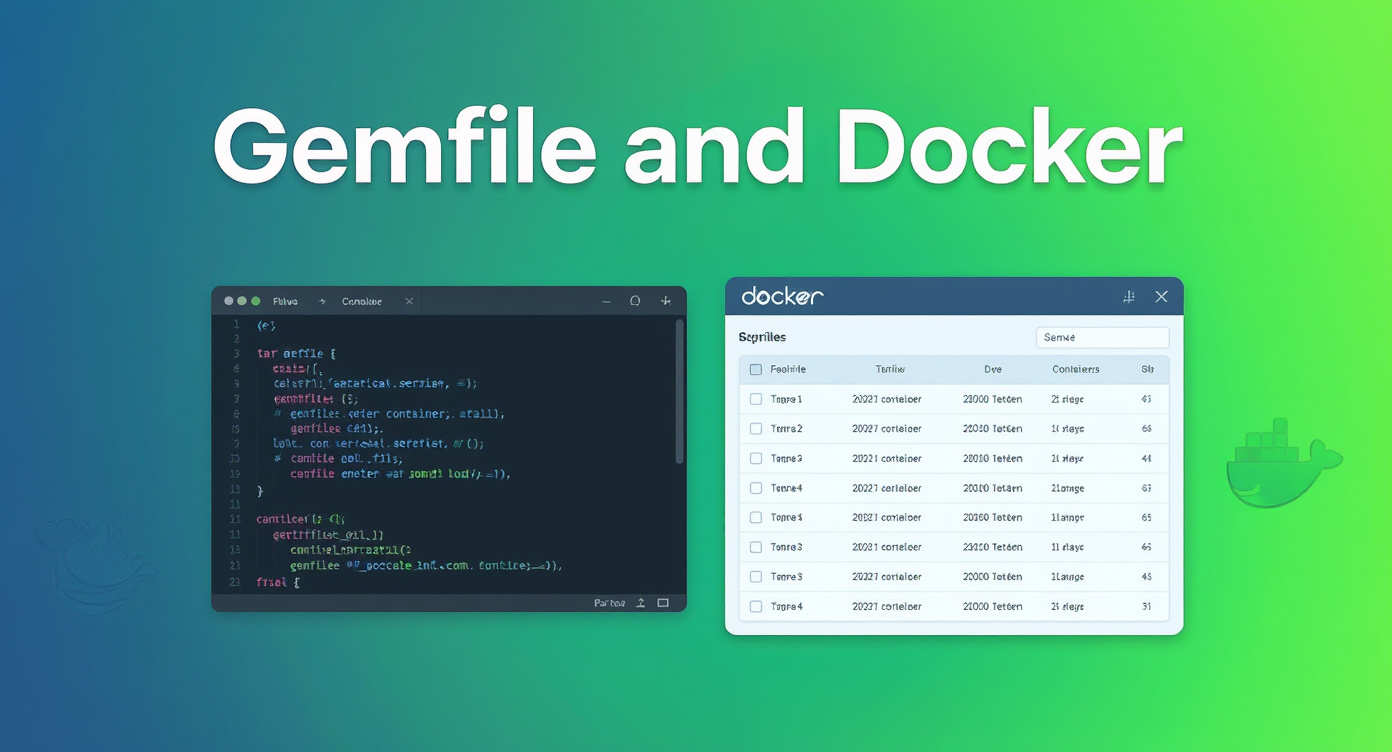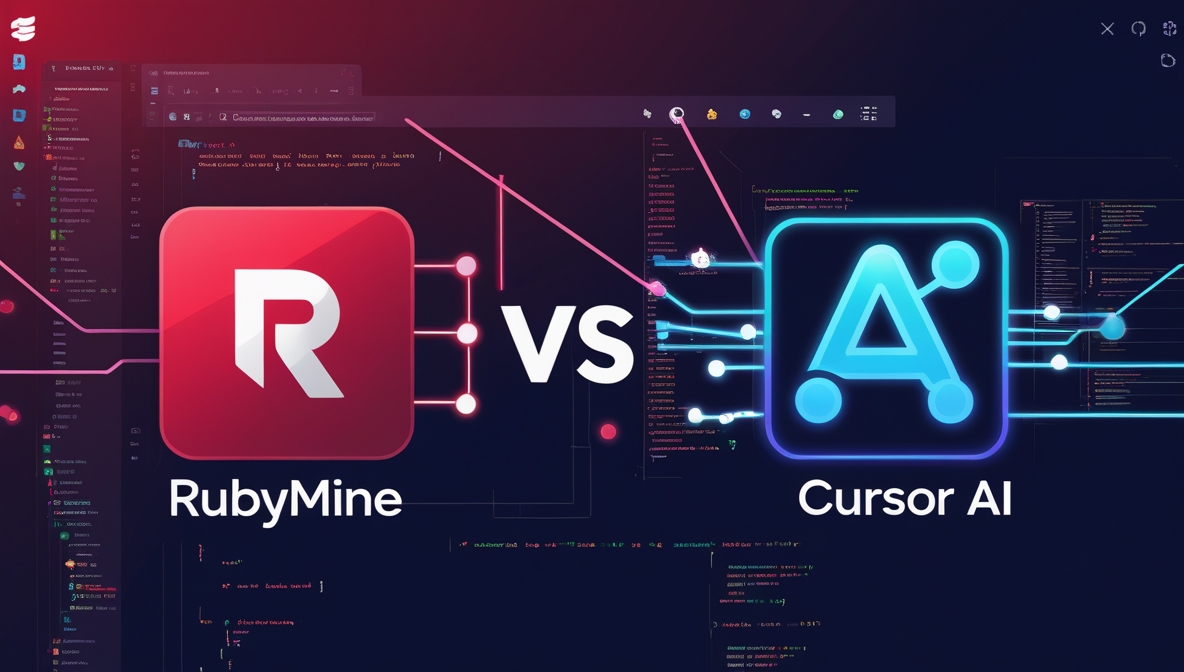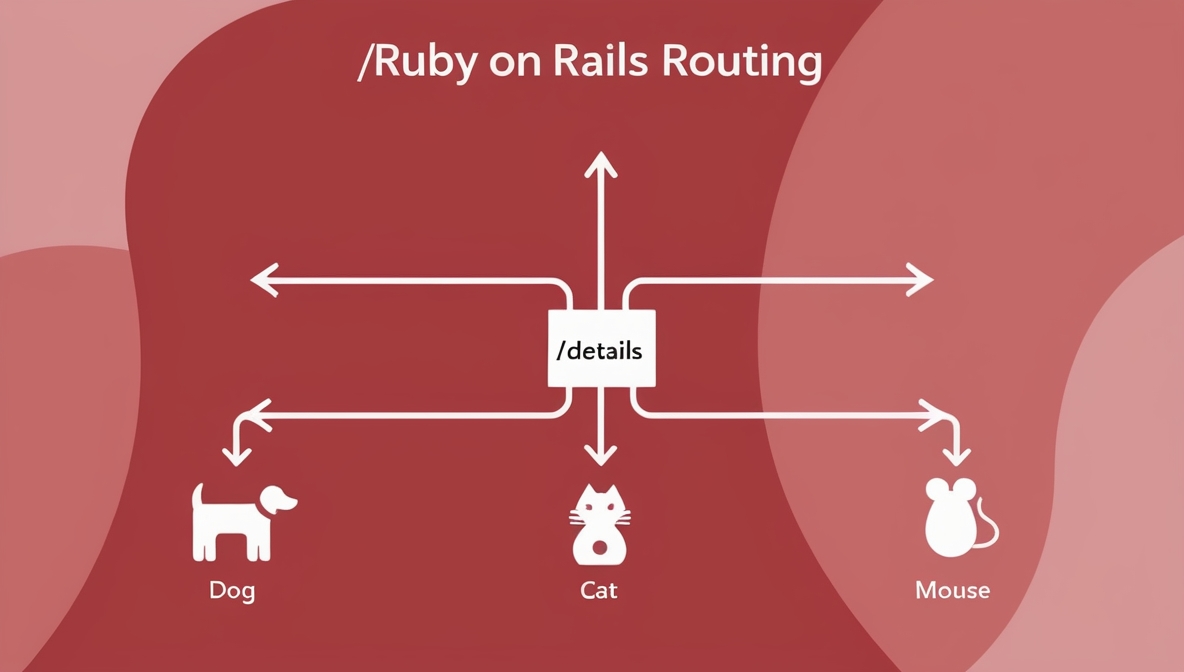How to Use Turbo Frames in Ruby on Rails: Modal Window Example
How to Use Turbo Frames in Ruby on Rails: Modal Window Example
Turbo Frames allow you to update specific parts of a page without reloading the entire page. This guide shows how to create a modal window for creating posts using Turbo Frames.
What are Turbo Frames?
Turbo Frames let you divide your page into independent sections that can be updated separately. When you click a link or submit a form, only the content inside the matching Turbo Frame gets updated.







